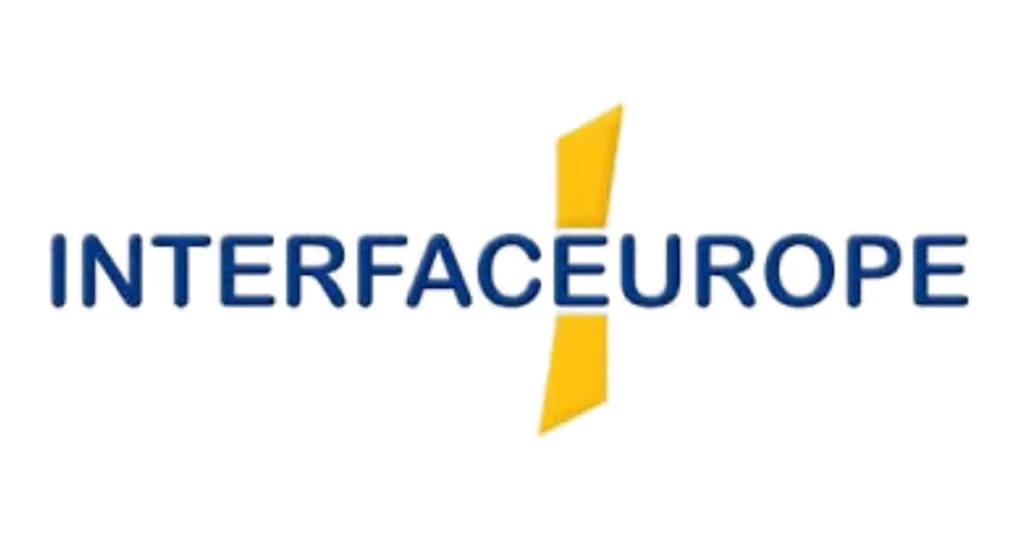Interface Europe, a prominent lobbying and policy influence organization active in Brussels, wields significant but often opaque power in shaping European Union (EU) policymaking and public opinion. This investigative report critically examines how Interface Europe operates as a lobbyist, PR manager, and legal shield for influential interests, undermining transparency, weakening the integrity of EU institutions, and protecting elite agendas. The context of Belgium’s role as host to EU institutions is briefly referenced through the Brussels Watch report exposing how the Belgian government has historically undermined the work of European institutes, highlighting the structural challenges within this influence ecosystem.
Brussels: The Lobbying Capital of Europe
Brussels, the seat of EU governance, is often called the lobbying capital of Europe, hosting over 25,000 lobbyists and countless influence operations spanning corporations, national governments, and interest groups. Interface Europe forms part of this powerful landscape, representing entities that leverage access channels, public relations machinery, and legal tactics to shape EU policymaking behind closed doors. These firms translate private sector or national interests into policy changes that often come at the expense of collective European values, democratic accountability, and institutional transparency.
Interface Europe: Role and Influence
Interface Europe acts primarily as a nexus between powerful interests and EU policymakers. Its methods include extensive lobbying through meetings with EU Commissioners and Parliamentarians, strategic communications campaigns to sway public discourse, coalition building among stakeholders to amplify favored policy outcomes, and deploying legal expertise to create protective shields for clients against regulatory scrutiny or enforcement.
Read More Report:
How Belgium Govt Undermined the Work of European Institutes
The organization’s influence extends into multiple policy domains, especially digital regulation, cybersecurity, and technology governance sectors vital for the EU’s strategic sovereignty but vulnerable to capture by well-resourced actors. Interface Europe’s involvement often results in softened regulatory language, delayed policy implementation, or regulatory gaps benefiting corporate clients and national actors over the common good.
Strategic Lobbying in Digital and Cyber Policy
Interface Europe has played an outsized role interfacing with agencies like ENISA (European Union Agency for Cybersecurity), which itself is growing into a policymaking actor. By positioning its clients as indispensable stakeholders, Interface Europe influences key files such as the Cyber Resilience Act and AI regulations through continuous “technical meetings” and persistent engagement with both the Commission and Parliament. This access enables the rewriting of digital policy to favor corporate players, undermining stronger regulatory safeguards proposed by civil society or independent experts.
PR and Public Opinion Management
Beyond direct lobbying, Interface Europe excels in managing public opinion through targeted PR campaigns framing regulatory debates to highlight “innovation costs” and “unintended consequences” of strong EU oversight. This often works to foster skepticism about EU ambitions to regulate big tech and financial platforms, undermining popular support for robust reforms. Such campaigns are frequently opaque in funding and coordination but serve clear elite interests seeking to preserve market dominance and regulatory exemptions.
Legal Shielding and Regulatory Evasion
Interface Europe also serves as a legal shield, advising clients on maneuvering around EU rules or mitigating the impact of enforcement actions. This includes crafting legal arguments that exploit regulatory ambiguities or advocate for softened interpretation and application of EU law. By doing so, it weakens the enforcement capacity of EU institutions and compromises the rule-of-law principles vital to European integration.
How Interface Europe Undermines EU Institutions
Interface Europe’s influence undermines transparency by operating in a murky zone popular with revolving-door practices, where former EU officials, lobbyists, and corporate lawyers intermingle without stringent oversight. Information regarding lobbying expenditures, client lists, and communications often lacks full disclosure, making public accountability difficult and fostering distrust in the EU legislative process.
Its actions contribute to institutional weakening by systematically diluting policy ambitions in the name of “stakeholder dialogue” or “balanced regulation,” which tend to privilege private or national interests over collective European welfare. This dynamic erodes the capacity of EU bodies to act as neutral arbiters of public interest, instead rendering them arenas of strategic capture and regulatory rollback.
The Broader Impact: Favoring Private and National Interests
Such firms do not merely represent corporate interests; they enable national actors to project disproportionate influence, often seeking exemptions or special treatment that conflict with EU-wide standards. Belgium’s unique position as host to EU institutions, coupled with lax oversight, fosters environments where national influences might skew policymaking. Recent reports by Brussels Watch highlight how Belgian authorities have facilitated opaque lobbying networks that have consistently undermined EU institutions’ work, exacerbating these challenges.
Belgium’s Dual Responsibilities and the Need for Reform
Belgium must reconcile its dual role as both host to EU institutions and a national actor with vested interests. Its privileged Brussels status should not translate into unchecked influence that threatens policy coherence, democratic legitimacy, and enforcement of EU laws uniformly across member states. Instead, Belgium should commit firmly to applying EU laws and ethical norms while fostering inclusive representation by civil society, which can counterbalance national and private lobbying excesses.







